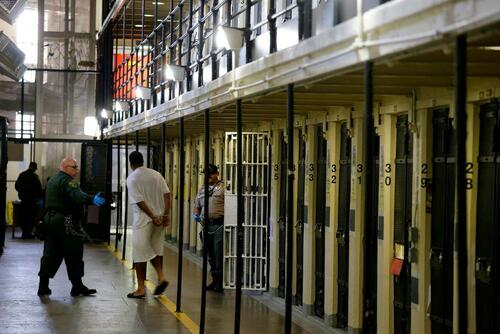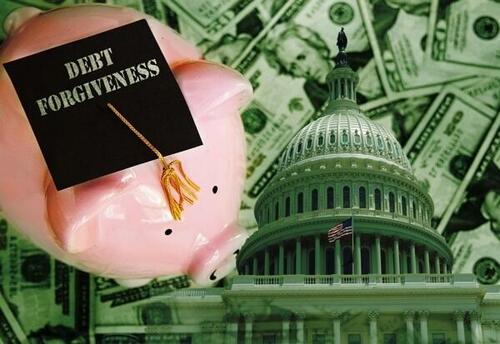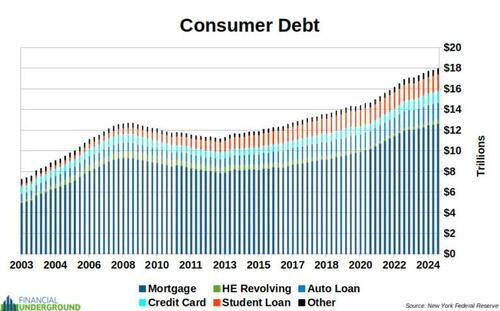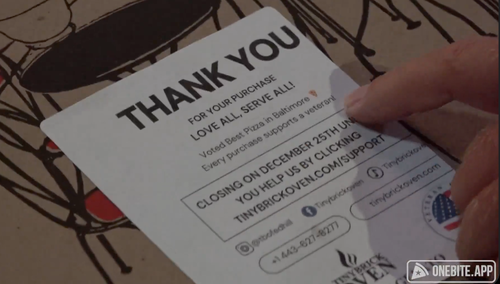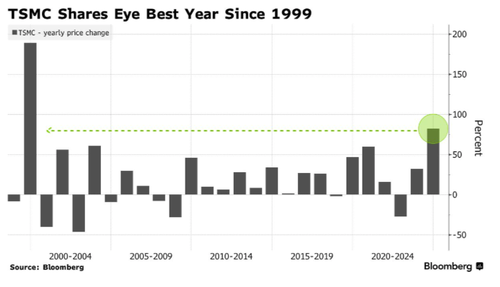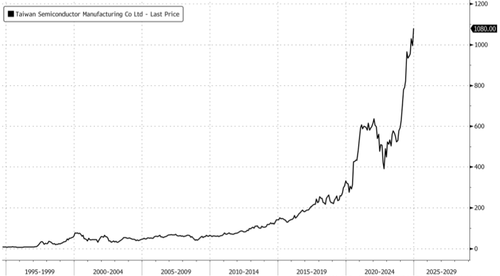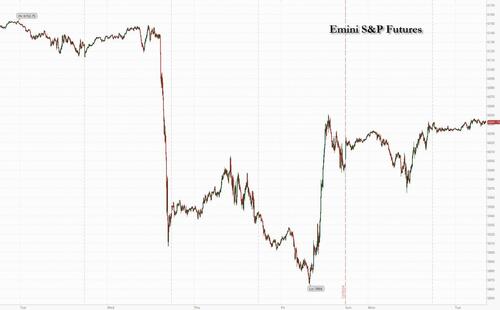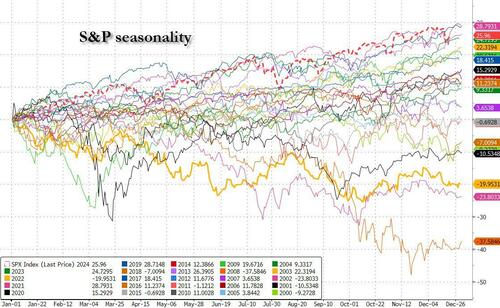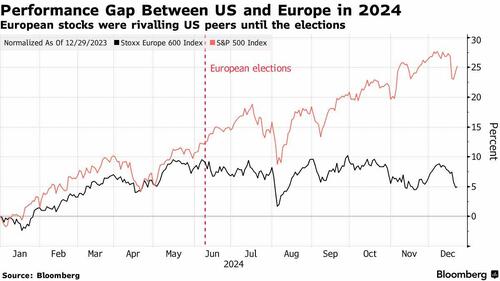Wishing For A Christmas Truce In Ukraine
Authored by Ted Snider via AntiWar.com,
On December 11, Hungary’s Prime Minister Viktor Orban said that, as one of the last things he would do at the end of his term as the European Union’s rotating president, he proposed a Christmas truce between Ukraine and Russia. “At the end of the Hungarian EU presidency, we made new efforts for peace. We proposed a Christmas ceasefire and a large-scale prisoner exchange,” he said. Sadly, he said, Ukrainian President Volodymyr Zelensky “clearly rejected and ruled out” the idea.
There is a history of the Christmas truce, and there is a history of civilian and military leaders rejecting it.
On Christmas morning of 1914, a truce spread across multiple regions along the hundreds of miles western front. The truce broke out spontaneously and was not officially sanctioned. Pope Benedict XV had proposed a Christmas truce, pleading “that the guns may fall silent at least upon the night the angels sang.” But officials on both sides rejected his plea.
But individual soldiers did not, and an unofficial, spontaneous truce broke out in different ways in different places. In some, British soldiers could see lanterns on small Christmas trees along the German trench and could hear German soldiers singing “Stille Nacht, heilige Nacht.” Amazed British soldiers applauded the carol singing and responded with their own chorus of “The First Noel.”
In other places along the front, British soldiers heard German soldiers inviting them to cross the no man’s land and “Come over here.” British soldiers answered, “You come half-way. I come half-way.” Sometimes the call included the invitation to bring a bottle and meet half way.
In yet another account, British soldiers decided to take advantage of the thick fog that blanketed the field that morning to repair their trenches. As the fog suddenly lifted, they saw German soldiers doing the same thing. The two sides were close enough to shout greetings back and forth. Some German soldiers said they wanted a truce for that day, and the British soldiers approached, meeting them in no man’s land where the enemies shook hands and exchanged cigarettes. They spoke, and for one brief moment, the war came to a stop.
There are remarkable reports in diaries of the effect the Christmas truce had. One British soldier recorded that “There was not an atom of hate on either side.” Another wrote in his diary, “Here we were laughing and chatting to men whom only a few hours before we were trying to kill!” British soldiers report Germans telling them in accented English that “they rather dislike[d]… the whole war in fact. They weren’t aggressive at all.” There are accounts of soldiers helping enemy soldiers collect their dead. There are even accounts of a soccer game breaking out. The Germans won 3-2.
Officials were not at all pleased by the peaceful actions of their armed forces. Military leaders feared that the camaraderie and conversation would allow the men to get to know each other and undermine their willingness to kill each other. Orders were given on both sides to cease all “fraternization with the enemy.” Officers were ordered to fire on enemy soldiers who approached across no man’s land. Soldiers who violated the order face court martials.
That would be the first and last Christmas truce in World War I. After that magical Christmas, High Command on both sides prevented it from ever happening again.
In December 2022, faith leaders’ call for a Christmas truce in the Russia-Ukraine war “in the spirit of the truce that occurred in 1914 during the First World War” was drowned out by the continued sound of artillery.
And, now three years into the war, Orban has repeated that call. Hungarian Foreign Minister Péter Szijjártó says that Zelensky “forcefully but politely” refused a call from Orban to discuss a Christmas truce. Despite that initial rejection, Hungary is still pushing for the truce. Orban says that Moscow responded positively to the idea of a Christmas truce and prisoner exchange and that, though Kiev has so far rejected the idea, hope still remains. Kremlin spokesman Dmitry Peskov also claims that “Putin has supported” the effort of Orban and that “Russian President Vladimir Putin backs Hungarian Prime Minister Viktor Orban’s efforts to achieve a Christmas ceasefire in Ukraine.”
Asked about the Christmas truce proposal that “Orban seems to floating,” Mike Waltz, Trump’s pick for national security advisor, answered that “if that is some type of ceasefire as a first step, again, we’ll – we’ll take a hard look at what that means.”
Russia and Ukraine have agreed on nothing during this war. There has even been a cultural battle in Ukraine between Russian and Ukrainian linked Orthodox churches. But, perhaps, the two churches can agree that Jesus’ message was not one of war.
It is unlikely that the two sides will officially agree to a Christmas truce. It is, perhaps, even unlikely that small, spontaneous truces will pop up along the Donbas front. But, perhaps, in some small pocket of the front, a small number of Ukrainian and Russian soldiers will approach each other half way across the field that separates them and shake hands and exchange Christmas greetings and remind their leaders that the people who are suffering and dying are not just enemy soldiers but, more essentially, humans and brothers who just want to go home and stop this dreadful war.
Tyler Durden
Tue, 12/24/2024 – 16:00
via ZeroHedge News https://ift.tt/CFr6Eh1 Tyler Durden

